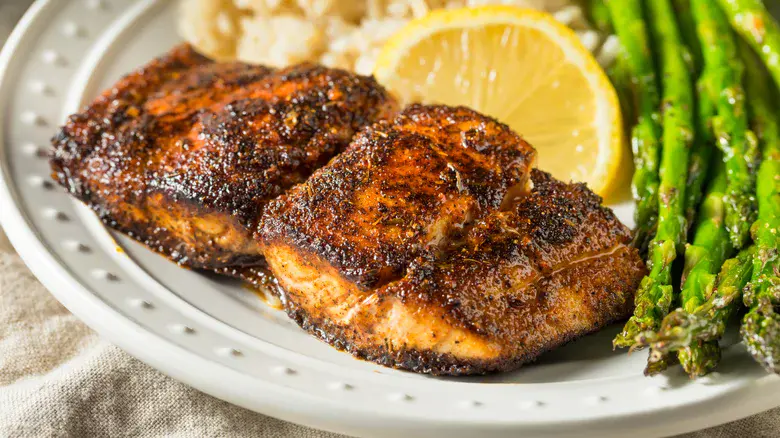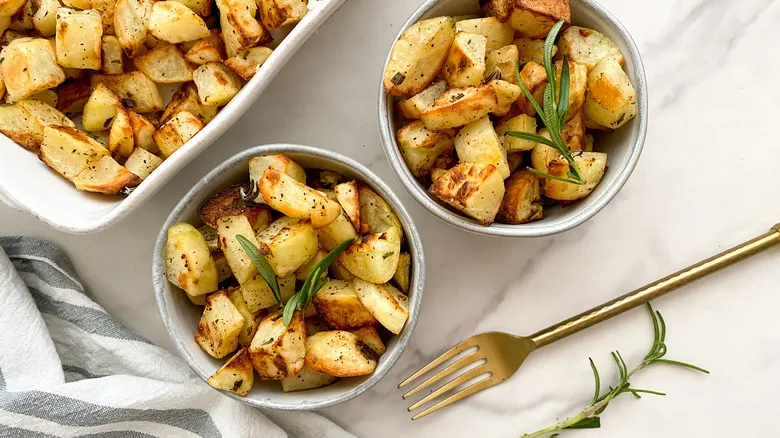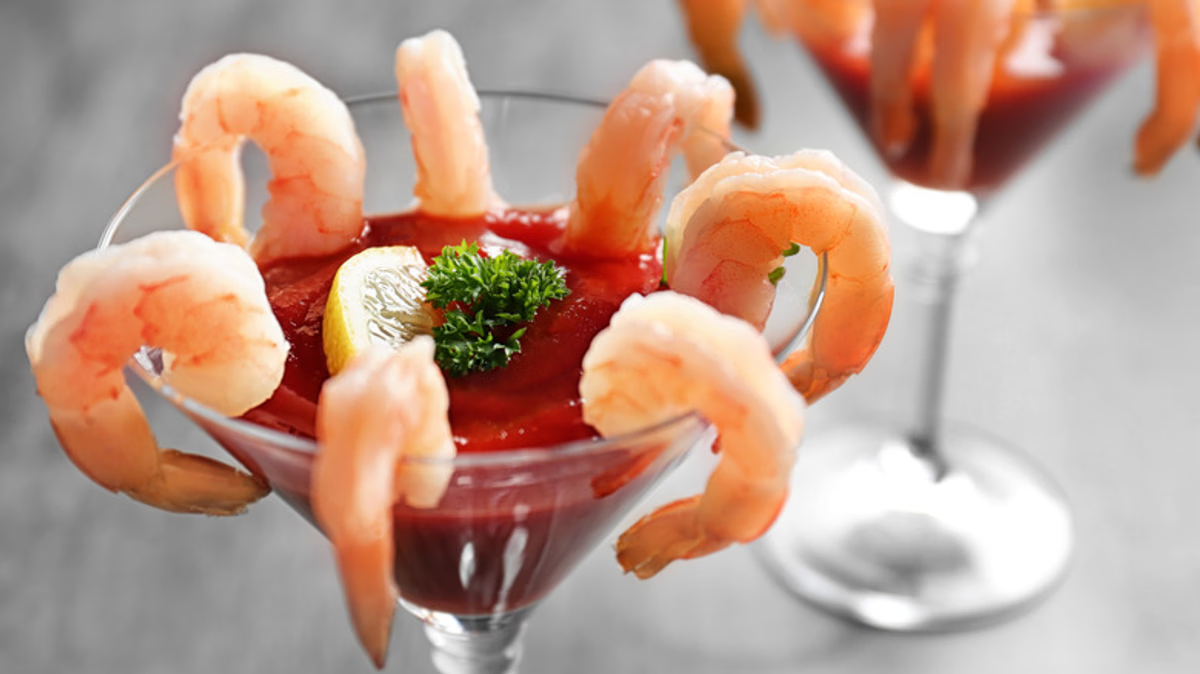Understanding Blackening: It's All About the Technique
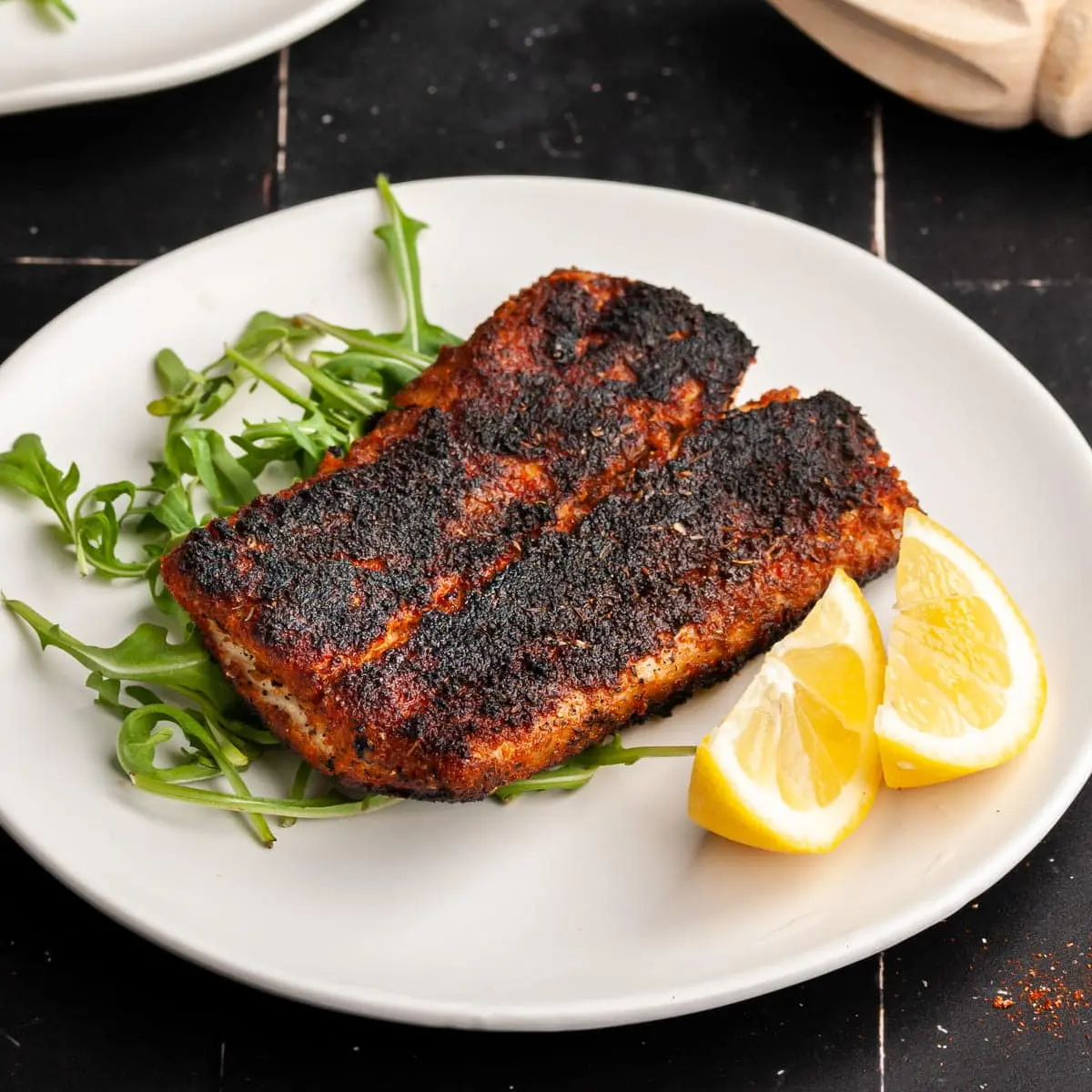
Before we dive into the best fish choices, let's quickly recap what blackening truly is. Blackening isn't just about burning your food! It's a high-heat cooking method, typically done in a cast-iron skillet, that relies on a generous coating of Cajun spices and smoking hot fat (usually butter or oil). The intense heat sears the spiced crust, creating a characteristic "blackened" appearance and a deeply flavorful, slightly spicy, and smoky exterior, while ideally keeping the inside of the fish moist and tender. The key is speed and high heat to create that delicious contrast in texture and flavor.
The Ideal Fish Profile: Firm, Flavorful, and Forgiving

Not every fish can withstand the intensity of blackening. The best fish for blackening share certain key characteristics. First and foremost, firmness is crucial. Flaky, delicate fish tend to fall apart under the high heat and vigorous handling required for blackening. You need a fish that can hold its shape and stand up to the searing process. Secondly, a slightly fattier fish is preferable. The fat content helps keep the fish moist during the intense cooking and contributes to the overall flavor and richness. Finally, a mild to moderately flavored fish works best, as it allows the bold Cajun spices to shine without being overwhelmed by an overly "fishy" taste.
Top Fish Picks for Blackening Brilliance
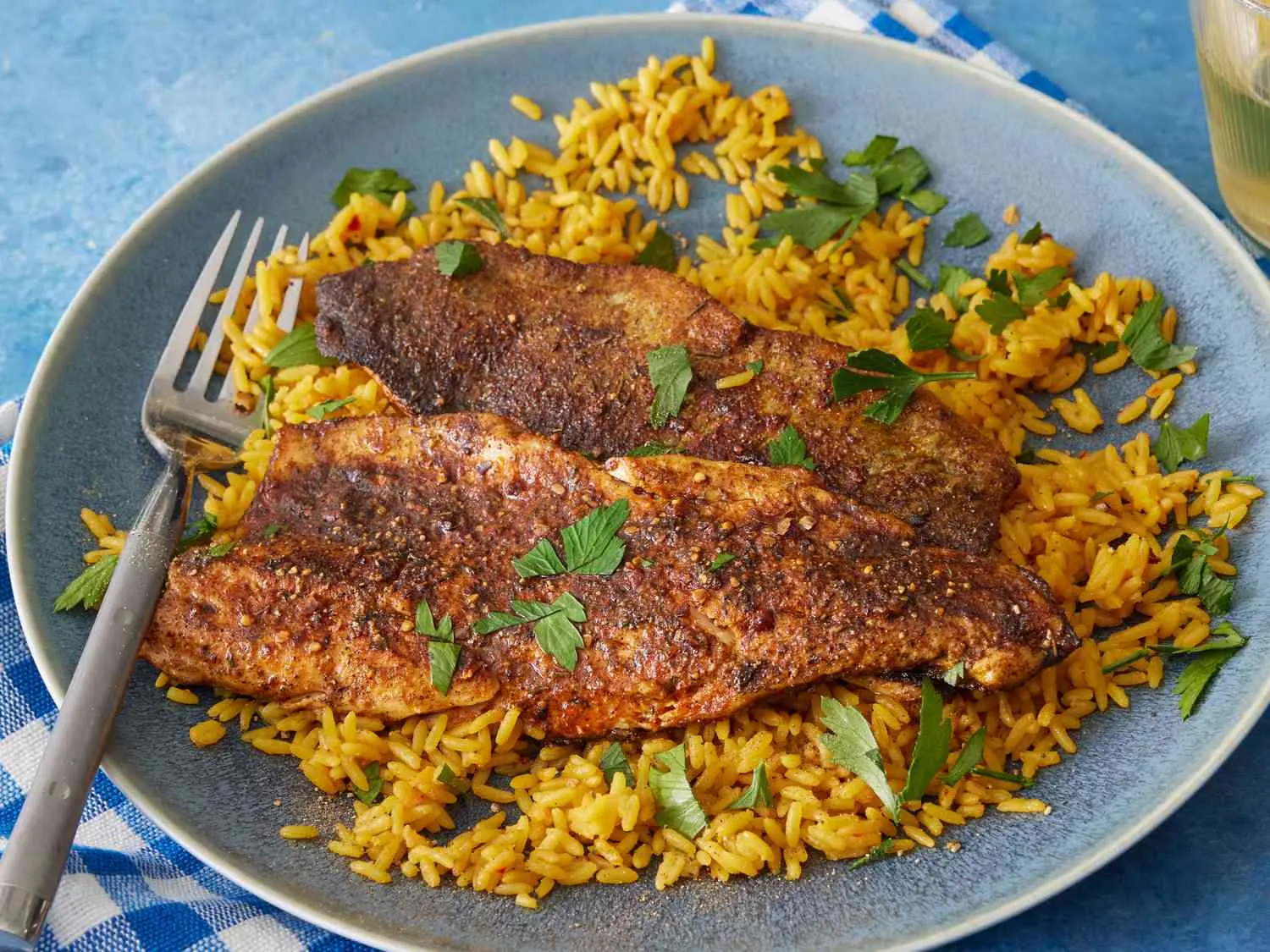
So, which fish reign supreme in the blackening game? Here are some of the absolute best types of fish to blacken, delivering consistently delicious results:
- Catfish: Often hailed as the king of blackened fish, catfish ticks all the boxes. Its firm, meaty texture holds up beautifully to blackening, and its mild flavor is a perfect canvas for Cajun spices. Catfish is also readily available and budget-friendly, making it an excellent choice for experimenting with blackening.
- Redfish (Red Drum): A classic choice in Cajun cuisine, redfish is another star for blackening. Its firm, white flesh is both flaky and moist when cooked correctly, and it absorbs the blackened spice rub beautifully. Redfish offers a slightly sweeter flavor than catfish, adding another layer of complexity to the dish.
- Snapper: Snapper, particularly red snapper, is another fantastic option. Its firm, lean flesh becomes wonderfully flaky when blackened, and its delicate, slightly sweet flavor is enhanced by the smoky spice crust. Snapper is a more premium choice, but its excellent texture and flavor justify the splurge for a special blackened fish dinner.
- Salmon: While technically a fattier fish, salmon also blackens remarkably well, especially thicker fillets. The higher fat content helps keep it moist and creates a rich, decadent blackened crust. Choose wild salmon for the best flavor and texture, and be mindful of cooking time to avoid overcooking, as salmon cooks relatively quickly.
Beyond the "Best": Expanding Your Blackening Horizons
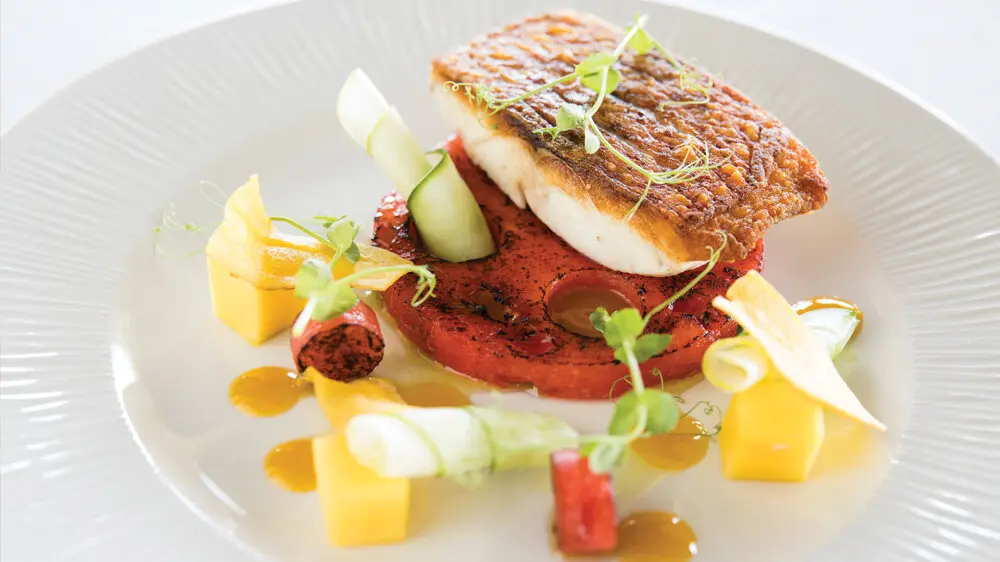
While these are the top contenders, don't be afraid to experiment! Other firm, white fish like mahi-mahi, grouper, or even swordfish can also be blackened successfully. You can even apply blackening techniques to other types of seafood like shrimp or scallops, adjusting cooking times accordingly. The key is to choose seafood that can withstand high heat and bold flavors.
Embrace the Blackened Fish Perfection!
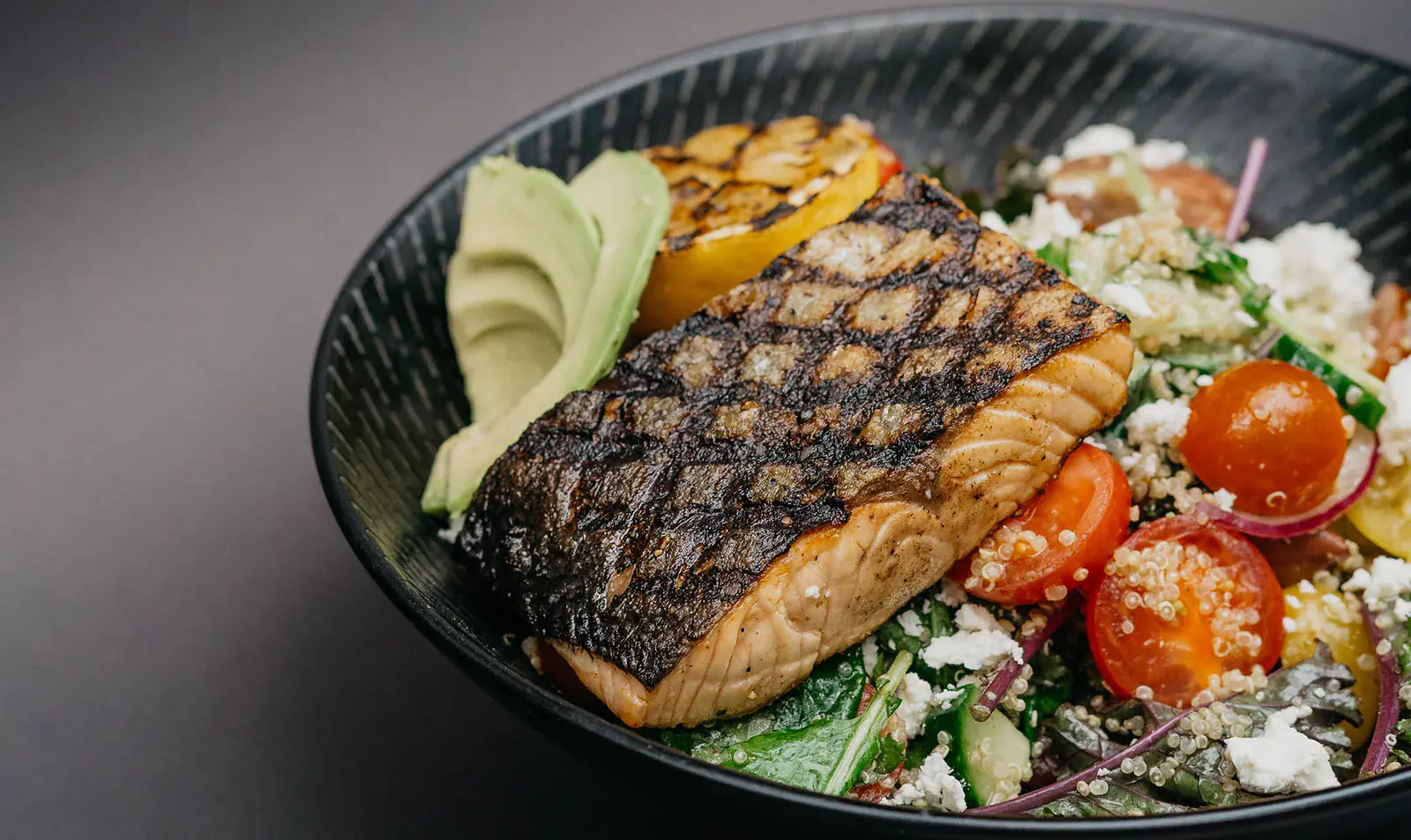
Mastering blackened fish starts with selecting the absolute best type of fish for the technique. By choosing firm, slightly fatty, and mildly flavored options like catfish, redfish, snapper, or salmon, you set yourself up for blackened seafood success. So, fire up your cast iron skillet, whip up your favorite Cajun spice blend, and get ready to experience the unparalleled flavor and texture of perfectly blackened fish – a culinary adventure that's both bold and incredibly rewarding!
Recommended

The Decanting Hack That Might Actually Be Ruining Your Wine
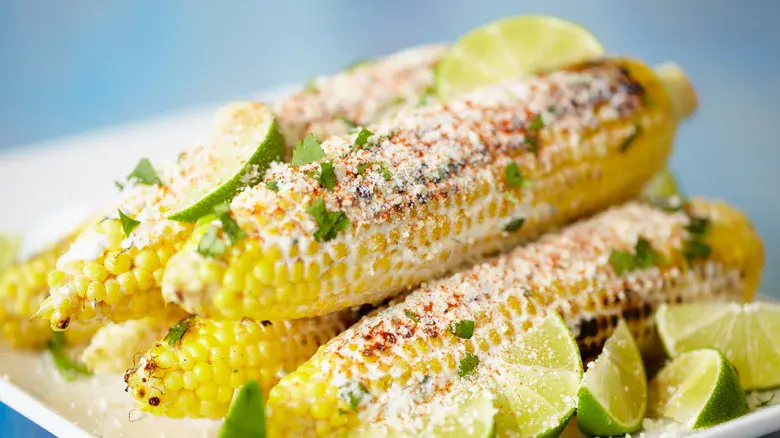
Your Favorite Mexican Street Corn Just Got A Snackable Makeover
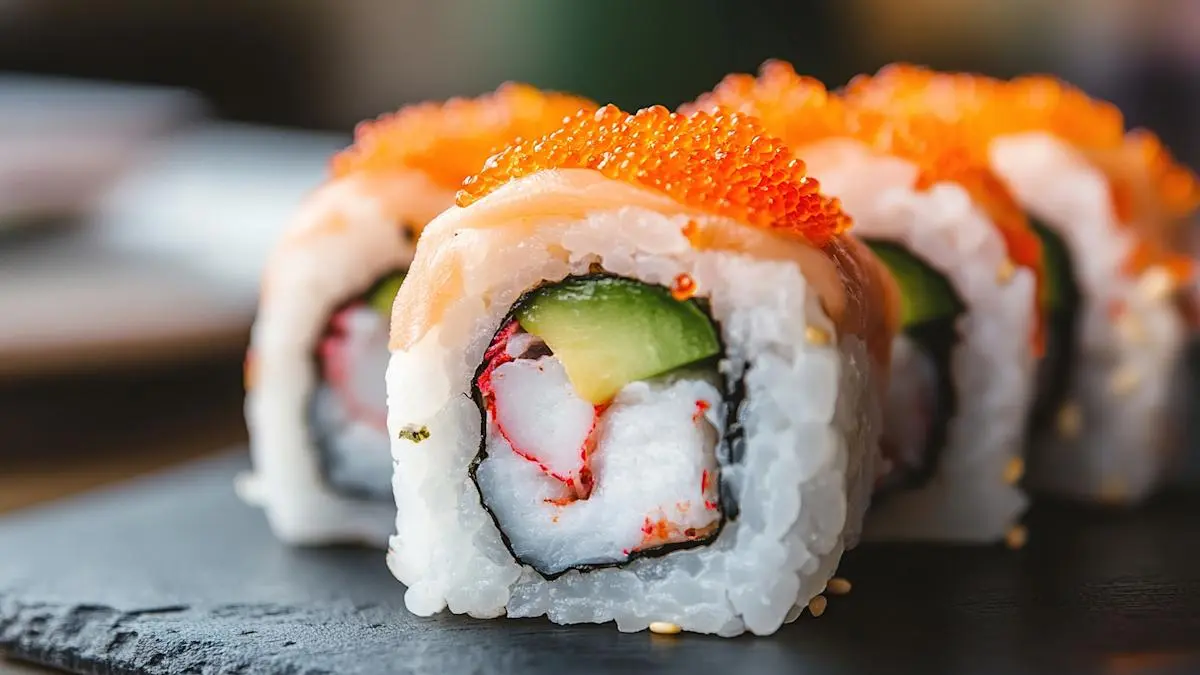
The California Roll Catapulted Sushi's Popularity, But Its Origins Are Murky

The Science Of Choux Pastry And When To Use It
Next up

